In most cases, investing in real estate abroad serves four main purposes: acquiring property for personal use, generating passive income, reselling at a higher price, and ensuring the preservation or growth of capital. Globally, well-calculated investments in residential or commercial properties are considered reliable safeguards, including protection against inflation. To meet these objectives, markets must align with several key criteria, which are outlined in the reviews of the countries listed below.
UAE
The real estate market of the United Arab Emirates continues its steady and rapid growth, with an average annual forecast of +5.1% until 2030. In 2024, a record-breaking year, average annual price increases exceeded 15% for apartments and 25% for villas. Residential real estate accounts for more than 40% of the market, with notable growth in the luxury segment.
Several factors contribute to the attractiveness of real estate in the UAE, including the country’s strategic location and a stable economy driven by finance, trade, tourism, and construction. Additionally, the Emirates boast low corruption levels, a high standard of living, and exceptional security. The country also offers a favorable immigration policy and an extremely low tax burden, creating ideal conditions for business development. Property owners may qualify for official residency status depending on the size of their investment.
Dubai remains the primary investment hub and is considered one of the fastest-growing and most technologically advanced cities in the world. Dubai’s financial market ranks fifth globally, while the city thrives in construction, tourism, and entertainment industries. The average rental yield for apartments in Dubai reaches approximately 8.6%, though property prices are higher than in other regions of the UAE.
In contrast, the country's capital, Abu Dhabi, offers significantly lower property prices while maintaining strong appeal through its high quality of life, comfort, and cultural and sports initiatives. The city also provides vast business opportunities and an advanced healthcare system.
Other cities, such as Ras Al Khaimah, Ajman, and Sharjah, attract strong interest from startups, the IT sector, fintech, and tourism. In recent years, the UAE government has implemented policies to enhance real estate accessibility for expatriates, further stimulating economic growth in the country.
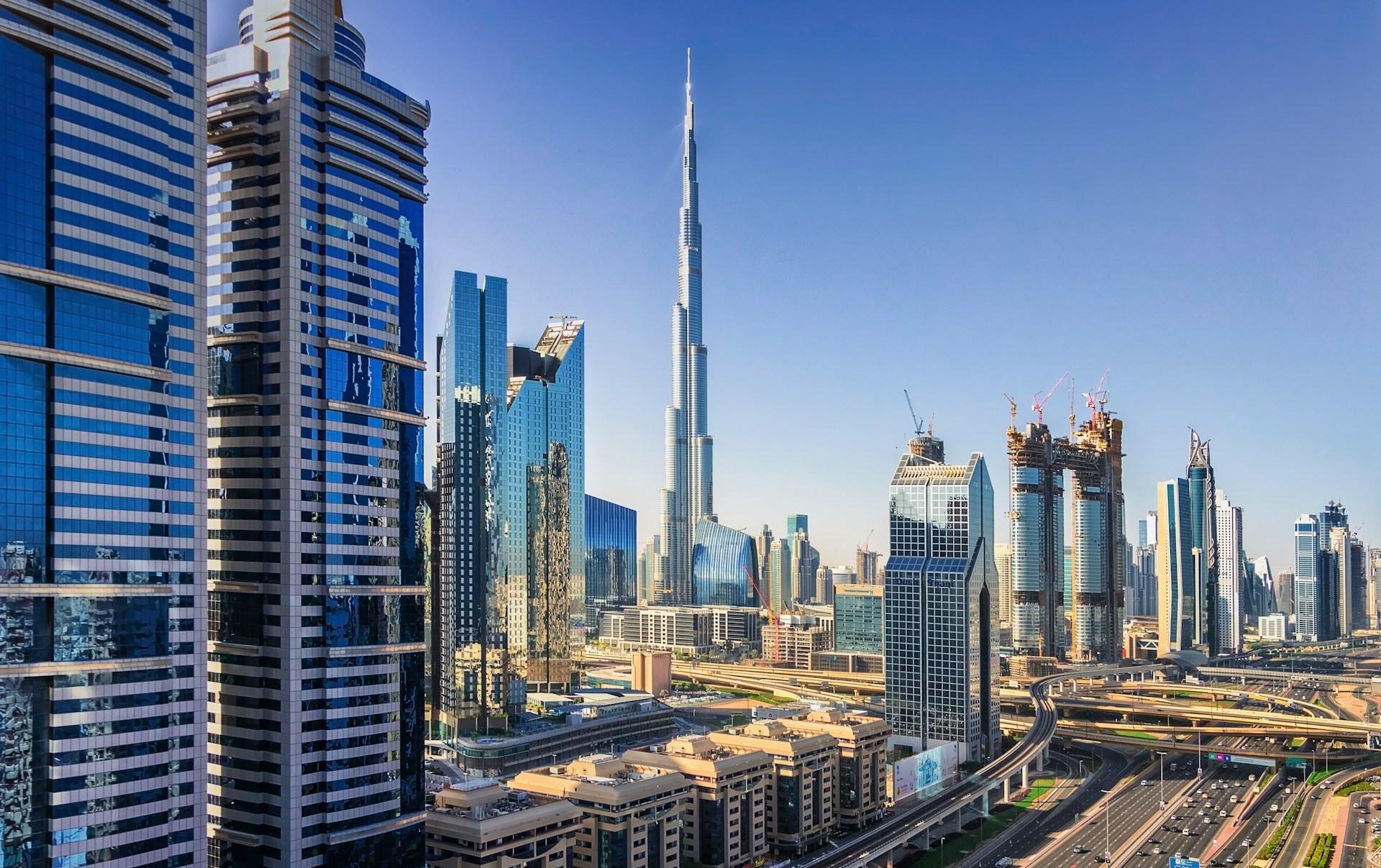
USA
The U.S. real estate sector is considered the most diverse, expansive, and attractive in the world. According to expert forecasts, the average annual growth rate of property sales will reach 5.5% until 2028. This positive trend is driven by significant government investments in construction, transportation, and the hospitality industry. Additionally, key factors contributing to this growth include the recovery of the U.S. economy, rising real incomes of Americans, job creation, and a wide range of investment opportunities. Currently, the main real estate investment hotspots in the U.S. include:
- Manhattan, New York – The most prestigious borough of America’s largest metropolis, with the highest real estate prices. Investing in property here is considered highly beneficial, both for personal residence and rental income, given New York’s high visitor numbers.
- Miami, Florida – Due to Florida’s relatively favorable tax policies, many American companies establish offices in Miami. The city has always attracted a steady influx of migrants, primarily from the Caribbean and Latin America. Miami is also one of the world’s largest year-round resort destinations, currently experiencing a construction boom and extensive infrastructure development.
- Austin, Texas (known as the “Silicon Hills”) – One of the leading real estate markets in the country due to the influx of high-tech companies such as Tesla, Oracle, and Apple. This has driven a sharp rise in demand and property prices. Austin’s job market is also one of the most stable in the U.S.
To a certain extent, the U.S. real estate market serves as a benchmark for similar markets in other countries.
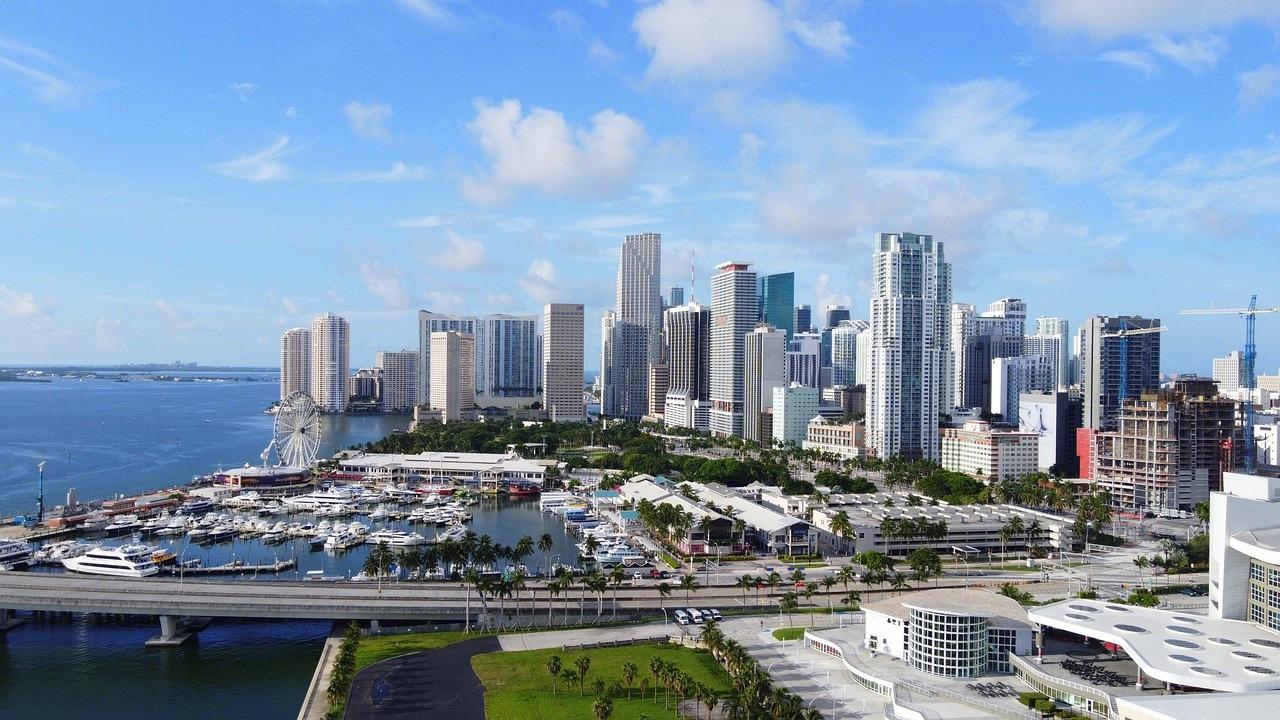
Cyprus
Despite economic and political challenges in Europe, Cyprus's real estate market continues to grow and is positioned as one of the most active in the EU. In 2025, the estimated transaction volume is expected to reach €123 billion, with more than €95 billion attributed to the residential sector. The key factors contributing to the country’s investment appeal include:
Favorable tax policies and a business-friendly environment within the EU;
- An accessible residency-by-investment program through real estate acquisitions;
- A 15% annual growth in tourism, driving demand for rental properties with yields of 5–7%;
- Transparent investment regulations, strong deposit protections, and property rights enforcement;
- A favorable climate and clean environment.
The primary investment hotspots in Cyprus are the coastal cities of Limassol, Paphos, Larnaca, and Nicosia. The capital, Nicosia, remains a stable market with strong demand for affordable housing and office spaces, fueled by government institutions and job creation in the commercial sector. Limassol, Cyprus's business hub, continues to attract real estate buyers due to high levels of foreign investment and luxury developments. Demand remains particularly strong for high-end residential and office properties. Larnaca recorded the highest growth rate in residential and commercial property investments in early 2024. Its relatively affordable prices and well-developed infrastructure make it a practical investment choice. Paphos remains popular among international investors, particularly those seeking luxury villas and holiday homes. With its rich historical and architectural heritage, the city also boasts high rental yields. In the near future, Cyprus is expected to maintain strong interest from European, Middle Eastern, and Asian investors, who view the island as a strategic center for business and lifestyle. This interest will be further fueled by Cyprus’s anticipated entry into the Schengen Zone by the end of 2025.
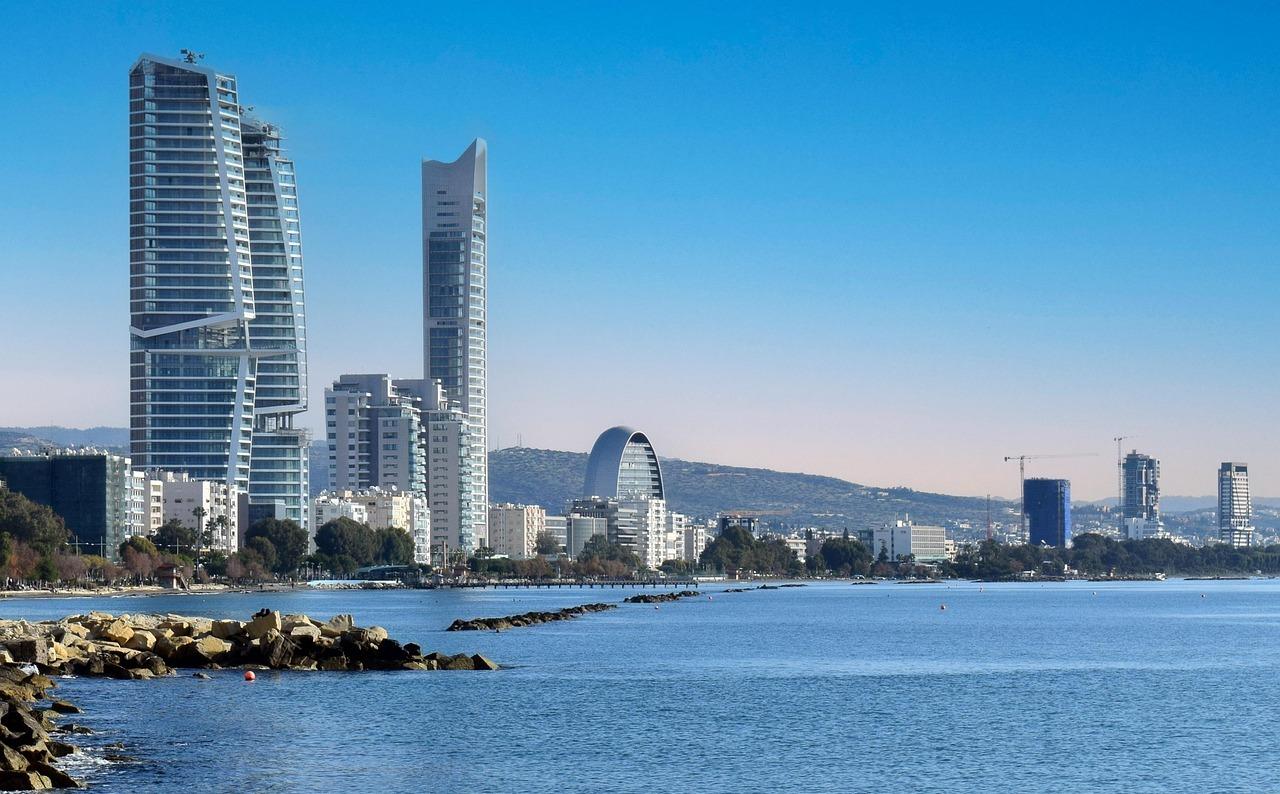
Thailand
Thailand is a country in the heart of mainland Southeast Asia, featuring diverse landscapes ranging from mountain ranges to fertile plains and endless sandy beaches. It is the only country in the region that has never been colonized. Thailand attracts investors with its warm climate, exotic nature, well-developed infrastructure, and low cost of living. The country’s economy, including its vital tourism sector, continues to grow steadily, while the national currency remains stable. Interestingly, Thailand is a regional leader in tire manufacturing. The country offers high-quality healthcare, international schools, a variety of exotic fruits, and an abundance of recreational opportunities.
Tourists are drawn to Thailand’s numerous Buddhist temples, bustling markets, and luxurious resorts that cater to all kinds of water sports. The country is a favorite destination for digital nomads as well as those seeking a vacation home in the tropics. The average rental yield is 6%, but in popular resort areas, it can reach up to 10%.
The most common real estate investment hotspots for foreigners include Bangkok, Pattaya, and Phuket. While Bangkok offers the fast-paced rhythm of a business metropolis and a thriving 24/7 entertainment industry, resort areas provide a more relaxed and nature-oriented lifestyle.
Homeownership is deeply ingrained in Thai culture, symbolizing financial security and social status. Experts predict a 3-5% increase in property prices in 2025. One of the key trends in Thailand’s real estate market is the growing demand for condominiums, driven by urbanization, demographic shifts, and a preference for modern, comfortable living.
Another emerging trend is the rise of mixed-use developments, where residential, commercial, and office spaces are integrated into a single project. This approach enhances convenience and optimizes land use in densely populated areas. These developments allow residents to live, work, and relax in one place, reducing commute times and improving overall quality of life. Judging by sales trends, investors find these market innovations highly attractive.

Portugal
The Portuguese real estate market has shown stable growth over the past decade, despite economic downturns in the European Union. The average annual increase in residential property prices is approaching 9%. The country has seen a revival in the construction sector, job creation, increased exports, and advancements in IT technologies.
Portugal has become a top destination for digital nomads, as evidenced by the launch of the world’s first Digital Nomads Village in Madeira in 2021. The country offers attractive programs for foreign investors and is strengthening its reputation as a peaceful European retreat on the Atlantic coast, known for its mild climate and diverse landscapes.
In recent years, Portugal has been repeatedly chosen by travelers as the most popular tourist destination in Europe. In response, the real estate market has expanded its offerings in both sales and rental sectors.
The key investment hotspots are Lisbon and Porto, located in the north. As of 2024, rental yields in central Porto reached 7.7%, while in the Lisbon metropolitan area, they exceeded 9%.
Lisbon remains the top choice for investors due to its business-friendly environment, rapid development in engineering, science, and tourism, and the fact that most locals speak English. Porto, on the other hand, is famous for its historic charm, industrial growth, and maritime logistics, along with regular cultural and sporting events. The city also offers employment opportunities in food production and the shipping industry.
Overall, Portugal provides safety, comfort, and a high quality of life for its residents, making it an attractive destination for both living and investing.
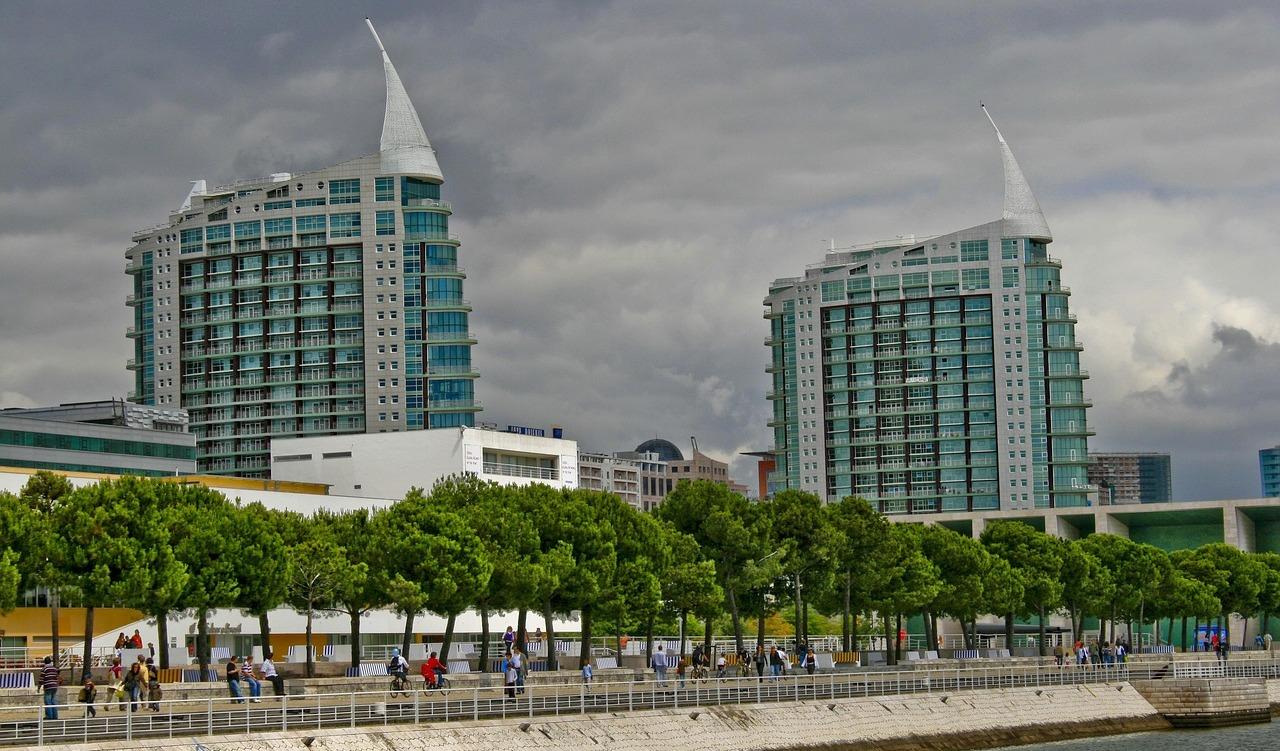
Georgia
Following the political instability in the fall of 2024, triggered by the European Union’s dissatisfaction with the results of Georgia’s parliamentary elections, the real estate market has resumed its steady growth. It is expected to increase by 5–7% in 2025, slightly lower than the record-breaking 2022–2023 period. Rental yields in the first quarter of 2025 reached 7.5%.
This small South Caucasus republic attracts investors and expats for several key reasons:
- Business-friendly tax policies, encouraging foreign companies to establish offices in Georgia.
- Low cost of living and a high level of safety.
- Rapidly growing IT sector, booming construction industry, and thriving tourism sector. A network of offices and coworking spaces is expanding across the country.
- Breathtaking landscapes, clean environment, coastal access, and diverse, delicious local cuisine.
The number of tourists visiting Georgia increases each year, with many expressing a desire to return. This makes the country an ideal destination for freelancers looking for a productive work-life balance. The main real estate hubs are Tbilisi and the coastal city of Batumi. Tbilisi, the capital, is rich in historical and architectural landmarks, with a well-developed transport infrastructure. The city offers numerous restaurants, shopping centers, cultural venues, and creative events. The Tbilisi real estate market is known for its diverse architectural styles and designer properties.
Batumi, primarily a seaside resort, boasts modern infrastructure and a skyline filled with newly built skyscrapers near the promenade. The city’s laid-back atmosphere, combined with stunning natural surroundings, makes it an excellent choice for families with children. The cost of living and property prices in Batumi are lower than in Tbilisi, making it particularly attractive to young people.
Overall, the ongoing government reforms in Georgia are yielding positive results, improving the quality of life and further enhancing the country’s investment appeal.
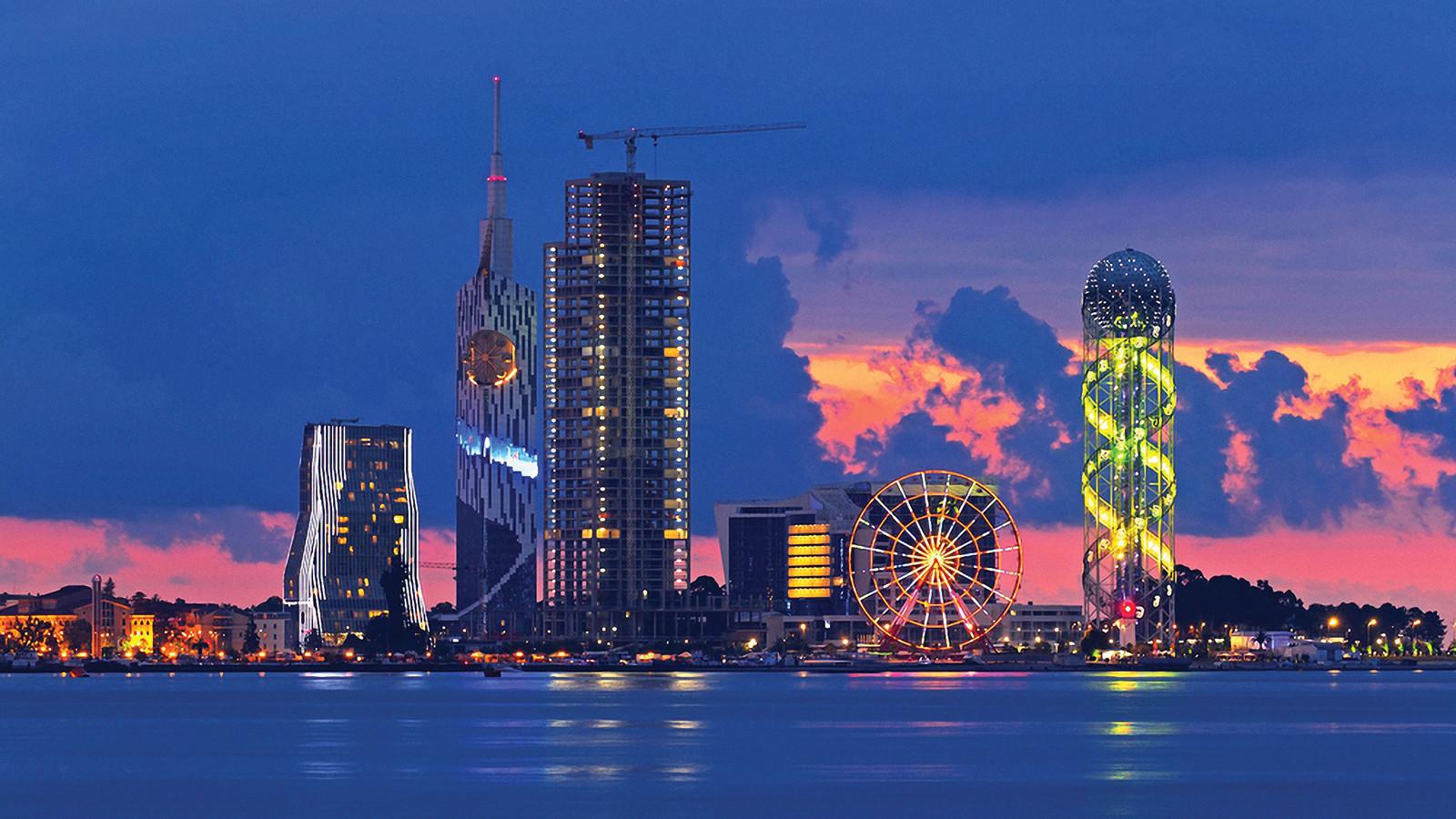
Greece
Greece, a Southern European country with a rich history and architecture, consists of an extensive network of islands. The increasing popularity of real estate in both urban areas and tourist regions has led to higher demand and rising property prices, with an average quarterly price growth of 1.3%. Both locals and foreigners are actively investing in Greek properties. Several factors contribute to the positive market trends, including economic recovery following the financial crisis, favorable investment conditions, tourism growth, the Golden Visa Program, which allows non-EU citizens to obtain residency, has undergone rule changes since September 2023. Currently, the minimum investment threshold is €800,000 for properties in major cities, mainland resorts, and island tourist areas as well as €400,000 in other regions.
Athens, the capital, and Thessaloniki, the northern hub, lead in real estate sales due to their modern infrastructure, large-scale renovation projects, improved transport systems, and relatively affordable prices. Athens is particularly attractive to investors thanks to its rich historical and cultural heritage, which draws millions of tourists annually. Thessaloniki offers beautiful coastal views, vibrant cultural life, and renowned local cuisine, making it a top choice for students, entrepreneurs, and retirees. The Greek islands are also among the most sought-after real estate markets, with buyers looking for traditional seafront villas and modern apartments. Real estate prices vary based on location: Athens – from €2,200/m², Thessaloniki – from €1,700/m², Crete – from €1,600/m². With its strategic location, cultural heritage, and promising real estate developments, Greece continues to thrive as a top global destination for living and investment.

Montenegro
Thanks to its comfortable climate, picturesque coastal landscapes, and azure sea, Montenegro is increasingly being called the rising jewel of the Adriatic. The country is an official EU candidate, and the euro is already the local currency. In recent years, the real estate sector has been growing steadily, driven by increased demand and foreign capital inflow. The average annual market growth until 2029 is estimated at 5.5%, with an average yield of 6.7%. Montenegro attracts expats with its low cost of living, economic stability, safety, and friendly population. The national cuisine is diverse and renowned for its high taste quality. Key investment areas are Kotor and Budva. These coastal cities are the main real estate investment hubs. Budva is considered the main resort of the country with a well-developed tourist infrastructure, where the old town with its medieval architecture is surrounded by modern buildings. It is the most dynamic resort in Montenegro for youth tourism, with the highest prices in the country — from €2,000 to €3,500 per m². Kotor is suitable for all types of vacation, being a major port city on the Bay of Kotor, often visited by cruise ships. The town has preserved its medieval architecture in the center, and on the first line, there are historical hotels. The city is famous for its festivals, attracting guests from across Europe. Property prices here range from €1,700 to €3,000 per m².
Montenegro is considered an affordable Balkan resort on the Adriatic, but at the same time, the government is making efforts to enhance the country’s appeal as a top-tier investment and tourism destination.
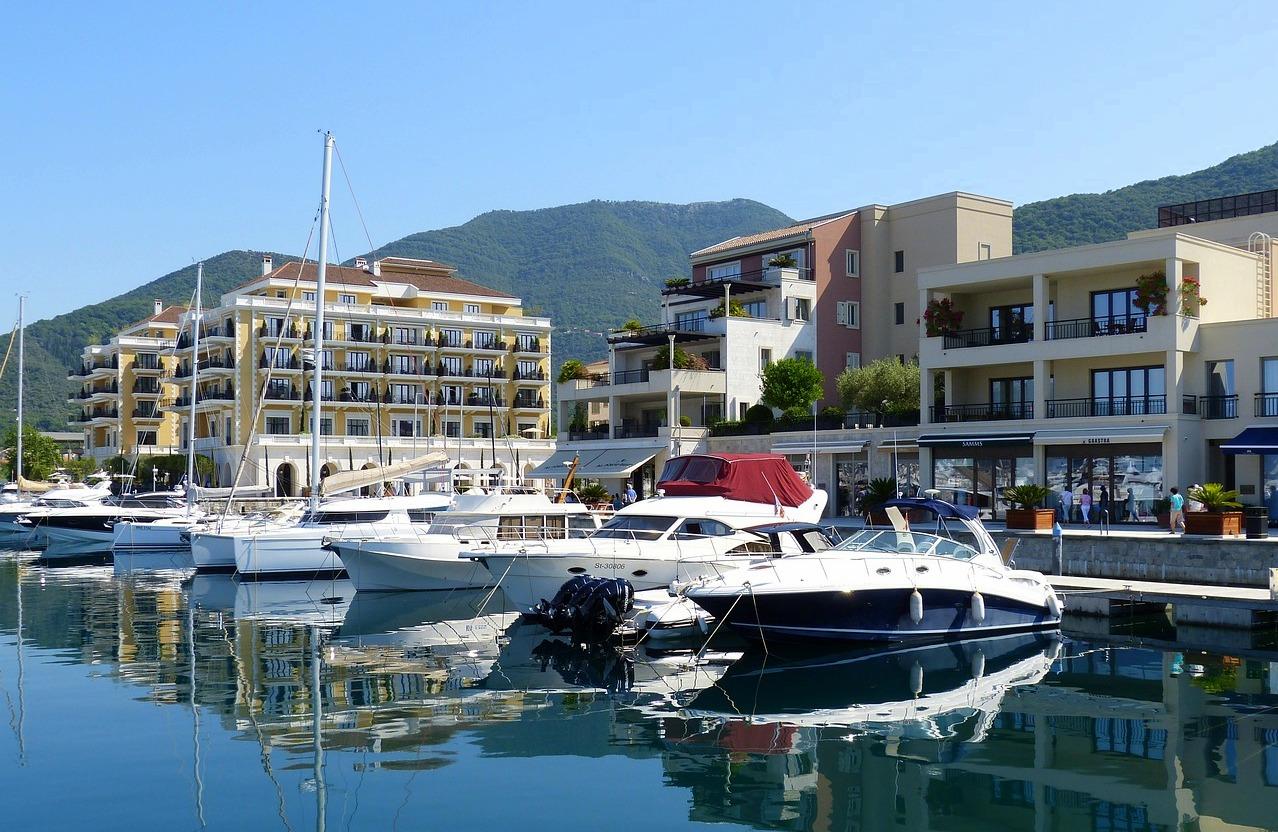
Uruguay
Since the early 2020s, Uruguay has been one of the global leaders in real estate price growth. This small Latin American country is located on the Atlantic coast, between two of the continent's largest nations — Brazil and Argentina. Uruguay is known for its high quality of life, humane taxation, especially for new residents, and an effective social sector. Political stability, high security levels, ample opportunities for startups, and a relatively low cost of living make it attractive to digital nomads. Uruguay is considered the financial hub of South America and its economic union, Mercosur. The Spanish-speaking country harmoniously blends European and Latin American cultures, boasting well-developed transport infrastructure, fast internet, and high-quality healthcare. Uruguay offers a comparatively easy path to residency and leads in terms of civil liberties in South America. The comfortable business environment, technology development, eco-friendly housing, and access to the ocean attract investors from around the world.
Experts predict that the annual real estate market growth from 2025 to 2029 will be around 4%. The biggest increase in property prices (up to 10%) is in the country's tourist gem, Punta del Este, which is positioned as a luxury city. Its beautiful beaches, picturesque nature, and 5-star service sector make it a popular destination for tourists and those wishing to own property there. This demand is primarily driven by foreign investors seeking a comfortable coastal lifestyle. A similar price growth is observed in Uruguay's wine regions, which is attributed to the global recognition of the country's wines.
Properties with ocean views are 30% more expensive, and those with solar panels are 12% pricier. This trend, noticeable since 2023, highlights the growing influence of solar energy on the real estate market. Rental yields in the capital, Montevideo, are around 6%, while yields in oceanfront resorts and tourist hotspots range from 7% to 8%. The number of foreign investors focusing on eco-friendly homes with LEED energy efficiency certifications has increased by 15% since 2020.
Uruguay is a rational choice for those not afraid to invest in a distant continent, especially those who speak Spanish, which is highly desirable.
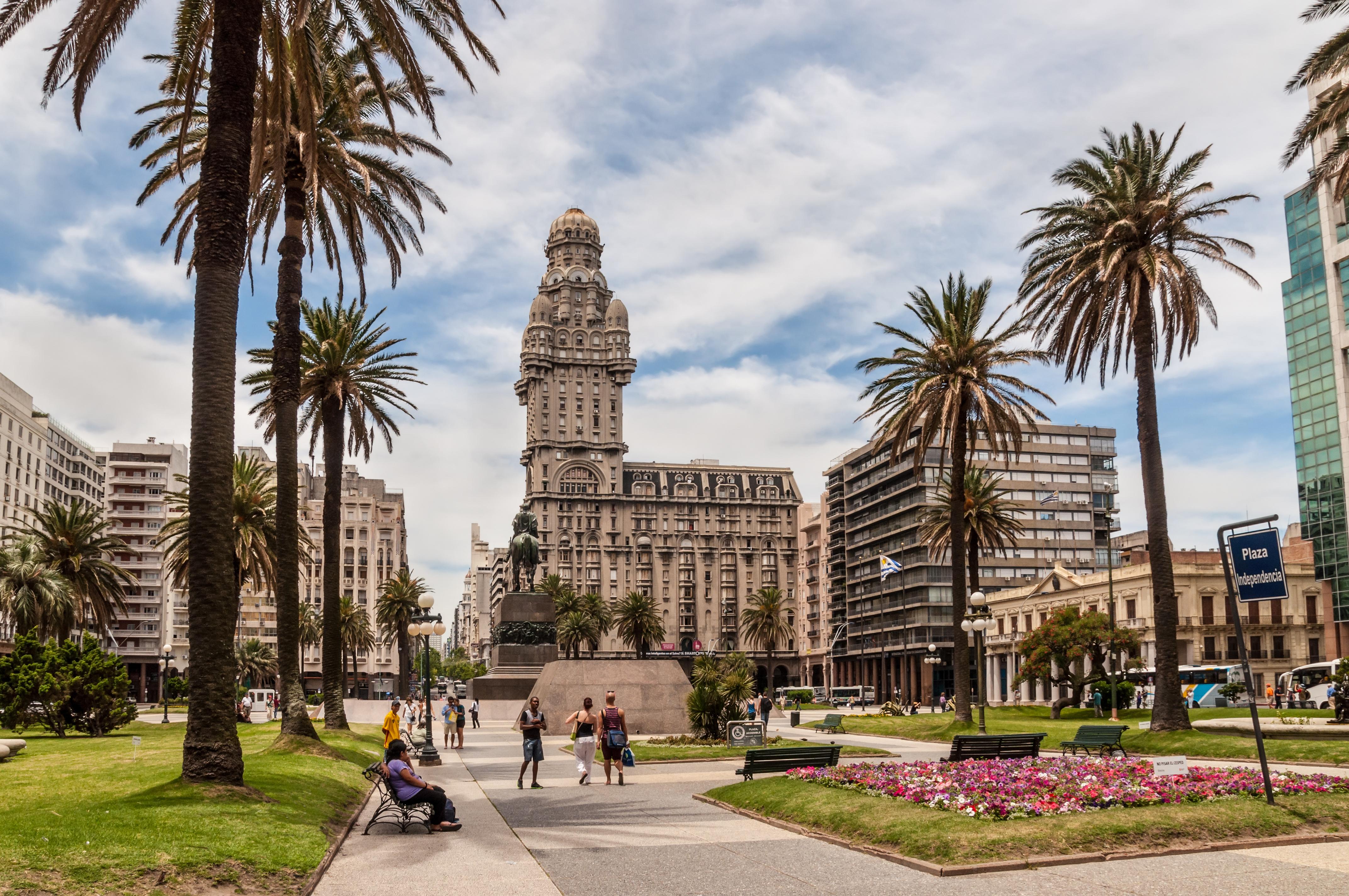
Spain
Spain remains one of the most attractive countries, with a declining unemployment rate and low inflation. The warm climate, high quality of life, rich historical heritage, culture, famous coastal resorts, and relatively low prices make it an enticing option for residents of other countries to make Spain their second home. This is especially true for citizens of the United Kingdom, Northern Europe, and Latin America. The birthplace of bullfighting consistently ranks in the top three for the number of foreign tourists, and the Golden Visa program allows expats to apply for residency by purchasing property worth at least $500,000. The annual growth in apartment prices ranges from 7-10%, depending on the location. However, high property taxes and a 24% rental income tax are drawbacks. The main centers of interest for investors include Madrid, Barcelona, Malaga, and Valencia.
Madrid, the capital, remains a profitable hub, with average rental yields of 6%. With its high standard of living, Madrid is the largest transport hub in Europe, offering a wide range of entertainment and shopping options. The city has a developed job market, strong sectors in science and manufacturing, and a rich cultural and historical significance.
Barcelona, Spain's industrial center, shows rental yields of 5-7%. The city is attractive for its historic architecture, museums, universities, and romantic coastline. The developed tourist infrastructure and high tourist footfall ensure a constant demand for short-term rentals.
Malaga is a picturesque city with friendly locals on the Mediterranean coast. It is rich in gastronomic traditions and continues to maintain relatively affordable prices. The seaport plays an important role in the economy, along with its famous local resorts. Rental yields here are among the highest in the country, reaching 8%.
Valencia boasts a rich historical heritage alongside the development of modern technologies. The city, with rental yields exceeding 6%, is home to numerous industrial enterprises and an active job market. Traditionally, Valencia is considered the center of Spain's textile industry and a significant tourist region.
The Spanish are welcoming to foreigners, guaranteeing a high level of safety and a high quality of life. The happiness index of the local population is something that citizens of other countries could envy.
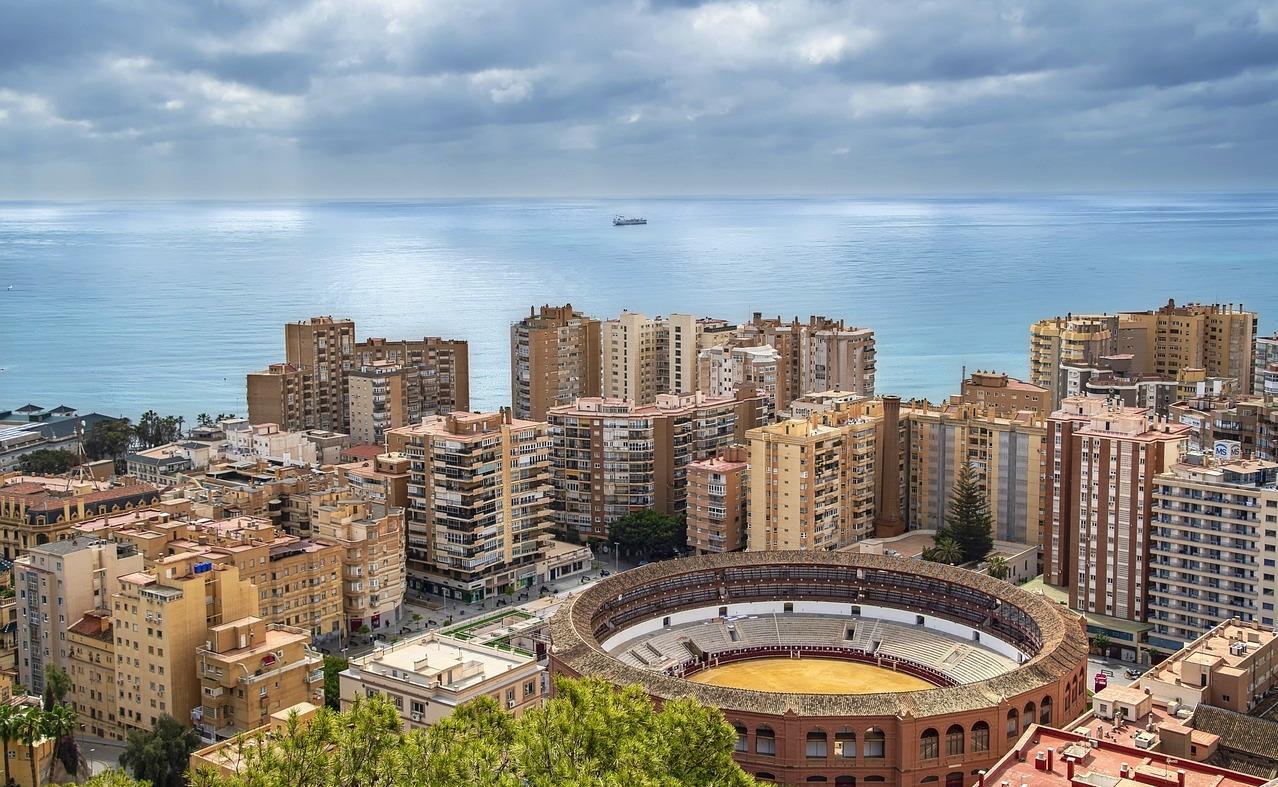
Read also:

